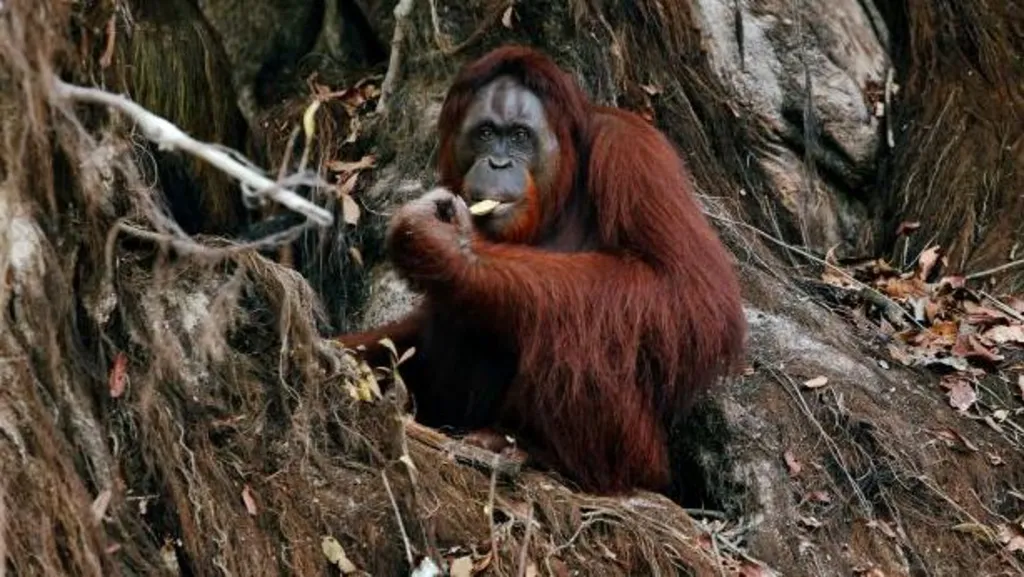Malaysia has announced its intention to initiate a unique diplomatic approach: gifting orangutans to its major trading partners who purchase its palm oil—a move reminiscent of China’s famed “panda diplomacy.” While this gesture aims to foster goodwill and showcase Malaysia’s commitment to biodiversity, conservation groups urge a focus on protecting orangutans in their natural habitats.
Critically endangered due to deforestation and agricultural expansion, orangutans are facing a dire threat to their existence. With their habitat diminishing rapidly, these majestic creatures, known as the “man of the forest,” are struggling to survive. Approximately 105,000 orangutans inhabit Borneo, with a smaller population on Sumatra.
Commodities Minister Johari Abdul Ghani views orangutan gifting as a means to demonstrate Malaysia’s dedication to biodiversity conservation. By offering these primates to major palm oil importers like China, India, and the European Union, Malaysia aims to underscore its commitment to sustainable palm oil production and environmental preservation.
However, conservation groups like WWF express reservations about this approach. They advocate for in-situ conservation efforts, emphasizing the importance of protecting orangutans within their natural habitats. Concerns are raised about the welfare and ethical implications of relocating these animals.
Palm oil, a versatile commodity utilized in various products including food, cosmetics, and soap, drives economic growth but poses environmental challenges. Its cultivation has led to widespread deforestation, transforming once-rich rainforests into monoculture plantations devoid of biodiversity.
While Malaysia’s orangutan diplomacy seeks to bolster its economic interests and conservation image, the debate underscores the complex relationship between economic development, environmental sustainability, and wildlife conservation.
